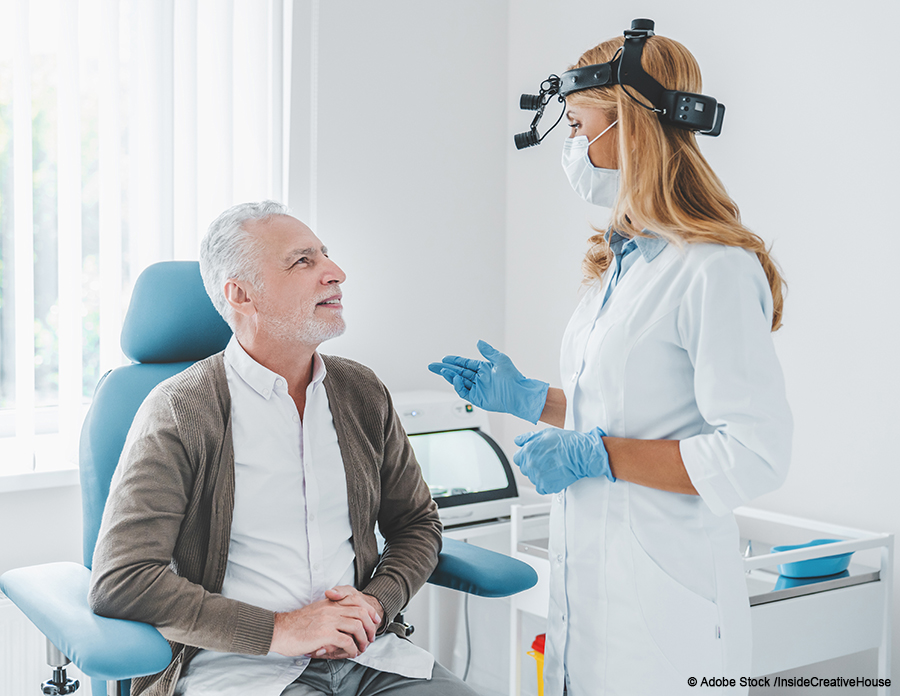 Not attending their preoperative (preop) appointment was the dominant predictor for a patient being a no-show on their otolaryngology surgery day, according to a study presented at the 2024 Triological Society Combined Sections Meeting.
Not attending their preoperative (preop) appointment was the dominant predictor for a patient being a no-show on their otolaryngology surgery day, according to a study presented at the 2024 Triological Society Combined Sections Meeting.
The findings come from an analysis in which researchers compared no-shows during a period before the COVID-19 pandemic and after the pandemic peaked. The findings could help medical centers reduce the number of patients who don’t show up for their surgical procedures, which is a costly—though not particularly uncommon—occurrence.
“OR [operating room] time is a finite and a scarce resource that we’re all fighting for constantly, and [a] no-show rate as high as 28% really affects both the attending surgeons and the surgical staff who are involved in these cases,” said Lauren Linquest, BA, a fourth-year medical student at Louisiana State University Health, Shreveport (LSU), who presented the findings. She worked on the study with Karuna Dewan, MD, associate professor of otolaryngology–head and neck surgery at LSU. “This is a really big financial burden to institutions. One minute of OR time has been reported to cost around $37, and the average [surgery takes] about three hours, so this is definitely a big financial loss for institutions when the patient does not show up.”
In the study, researchers looked at patients undergoing otolaryngology surgery from Nov. 1, 2019, to Mar. 15, 2020, and from Jan. 1, 2022, to Mar. 31, 2022. They excluded patients who were inpatient consults, trauma cases, prisoners, and emergency surgeries. A no-show was considered to be someone who didn’t show up or canceled within 48 hours of the scheduled surgery, because that is the point at which the slot can no longer be filled at the center.
The analysis included 467 patients in the first group and 688 patients in the second. There were no demographic differences between the groups.
Researchers found no significant difference in the no-show rate between the pre-pandemic and post-pandemic groups—the pre-pandemic rate was 14.9% and the post-pandemic rate was 19.1%, but this difference wasn’t statistically significant.
Linquest drew attention to the data from 2022 because it is more relevant to today’s environment. Researchers found that in this group, 25% of the no-show incidents were for elective surgeries—defined as anything not involving cancer, the airway, or an emergency; 16.3% of those who showed up for their surgeries were having elective surgery, a significant finding (P=0.02). Even more telling was that just 2.5% of the patients who came in for their surgeries had missed their preop appointment, but 52.3% of those who were no-shows on surgery day had missed their preop appointment (P<0.001).
Failure to attend preoperative appointments [is] the most important standout piece of information and something that, possibly, we could intervene on. —Lauren Linquest, BA
Researchers also looked at the otolaryngology subspecialties to see which had the highest rate of no-shows. Rhinology had the highest rate, at just over 30% no-shows, followed by pediatrics, with just under 30%.
“We thought pediatrics would have been the highest to no-show, just because they have a lot more factors influencing their arrival to surgery, such as relying on caregivers to bring them and also having a higher rate of being sick, and just having more reasons to not show up,” Linquest said. “But rhinology came out on top.”
Those subspecialities were followed by otology at just over 25%, head and neck at just under 25%, general otolaryngology at about 17%, laryngology at just under 15%, and facial plastic surgery around 14%.
“Failure to attend preoperative appointments [is] the most important standout piece of information and something that, possibly, we could intervene on,” Linquest said. “Maybe we need to be calling these patients if they don’t show up to their preoperative appointments and see if they even are planning to come to the surgery. Maybe we need to have more online telehealth visits to increase patient adherence to appointments. And, finally, elective surgery, and possibly even rhinology surgery, [is a] risk factor for no-shows.”
Thomas R. Collins is a freelance medical writer based in Florida.